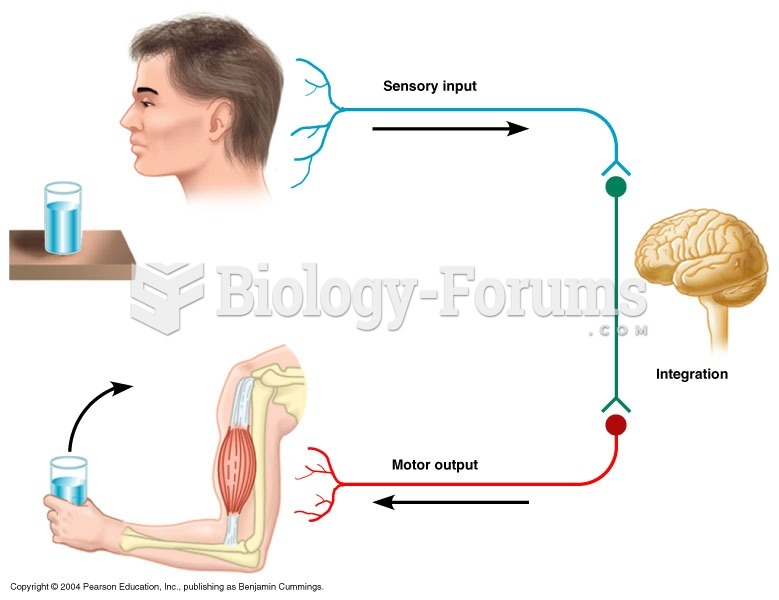|
|
|
Approximately 500,000 babies are born each year in the United States to teenage mothers.
Approximately one in four people diagnosed with diabetes will develop foot problems. Of these, about one-third will require lower extremity amputation.
Looking at the sun may not only cause headache and distort your vision temporarily, but it can also cause permanent eye damage. Any exposure to sunlight adds to the cumulative effects of ultraviolet (UV) radiation on your eyes. UV exposure has been linked to eye disorders such as macular degeneration, solar retinitis, and corneal dystrophies.
Earwax has antimicrobial properties that reduce the viability of bacteria and fungus in the human ear.
Asthma cases in Americans are about 75% higher today than they were in 1980.







